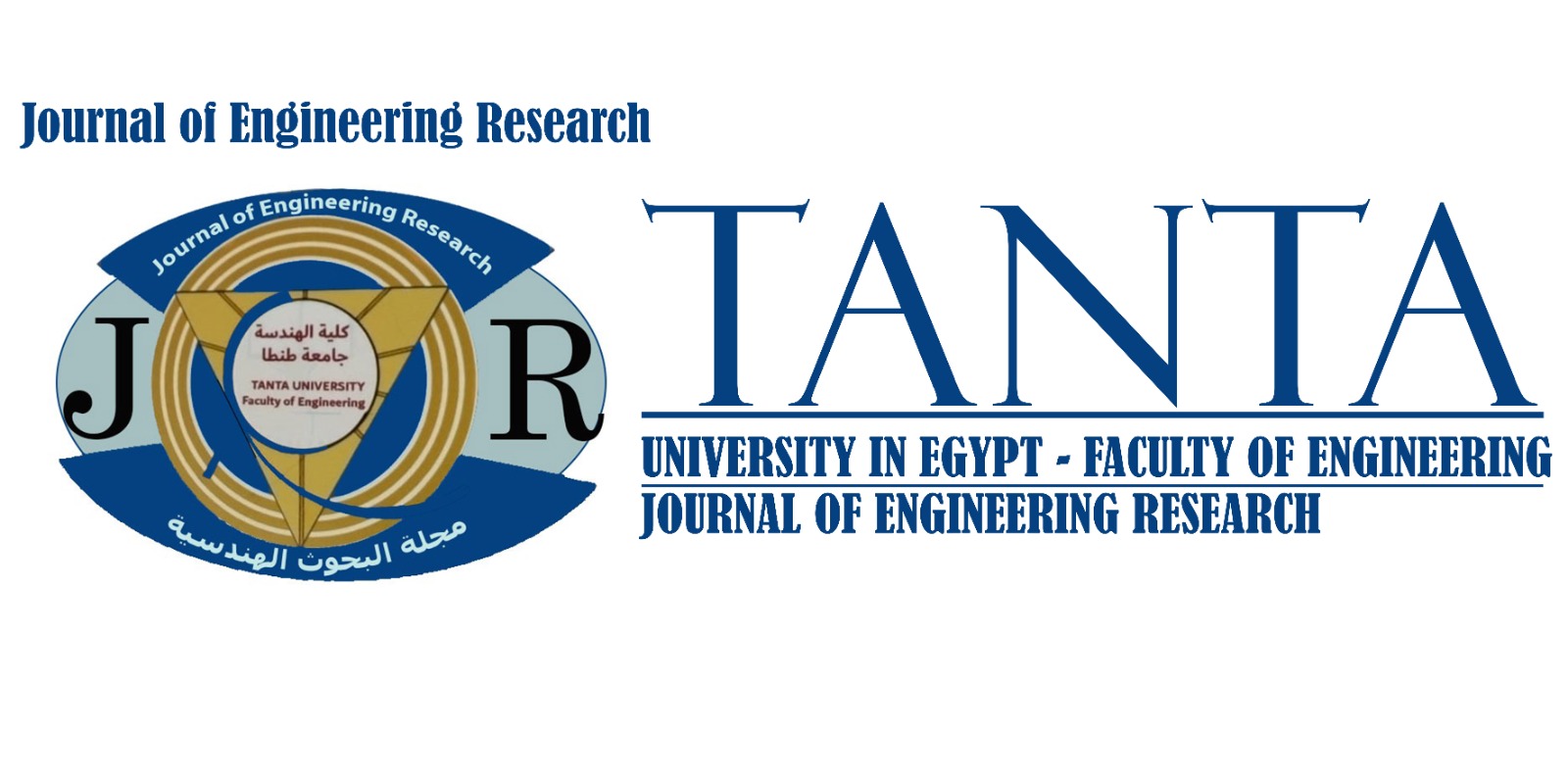Journal of Engineering Research

Abstract
Architectural projects often rely on modern technologies like smart architecture and environmental treatments, neglecting the principles and philosophy that reflect civilization, ideas, culture, and traditions. This leads to short-lived buildings that depend on these technologies without any purpose of preserving them. Technicians must constantly renew technology to improve production and without benefits, as threats of superior artificial intelligence have been warned, that autonomous machines may perform tasks without programmers understanding how to reach this level. Instead of relying solely on environmental or smart technology, we should make technology serve the design idea rather than relying solely on it. Considering this, ideas and principles were chosen for Christopher Alexander, where his ideas will be addressed by presenting his methodology. Hence, the strengths and shortcomings will be identified with these ideas and principles, and then a proposal to develop them will be made to get a standard design methodology. Then, an overview of interactive architecture will be presented, and its techniques will be identified for use as design tools. The ancient Egyptian civilization will be identified as Egypt's original identity, with a historical study of its ideas, principles, philosophy, and influence on ancient Egyptian architecture. The Christopher Alexander design methodology and contemporary interactive architecture techniques will be applied to ancient Egyptian civilization ideas and principles in modern projects.
Recommended Citation
Dr. Lobna Abd-Allah Abd-Elfattah Agha , Dr. Azza Sobhi Ragab Elsakka, Dina Elwy Aly Hamed Hussein
(2024)
"Employing interactive architecture techniques in architectural design methodologies to retrieve ancient Egyptian identity,"
Journal of Engineering Research: Vol. 8:
Iss.
2, Article 44.
Available at:
https://digitalcommons.aaru.edu.jo/erjeng/vol8/iss2/44
Included in
Applied Mathematics Commons, Architecture Commons, Biomedical Informatics Commons, Engineering Commons, Health Information Technology Commons, Nanotechnology Commons

